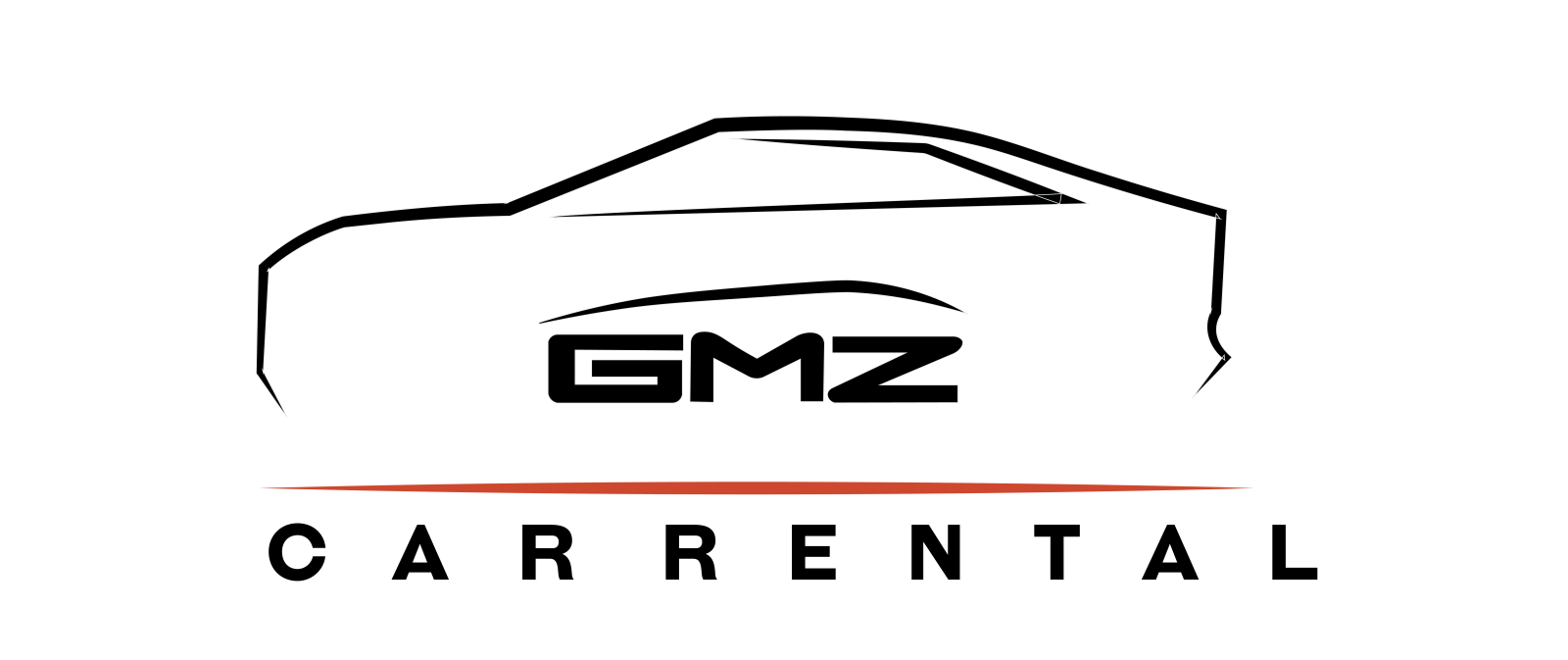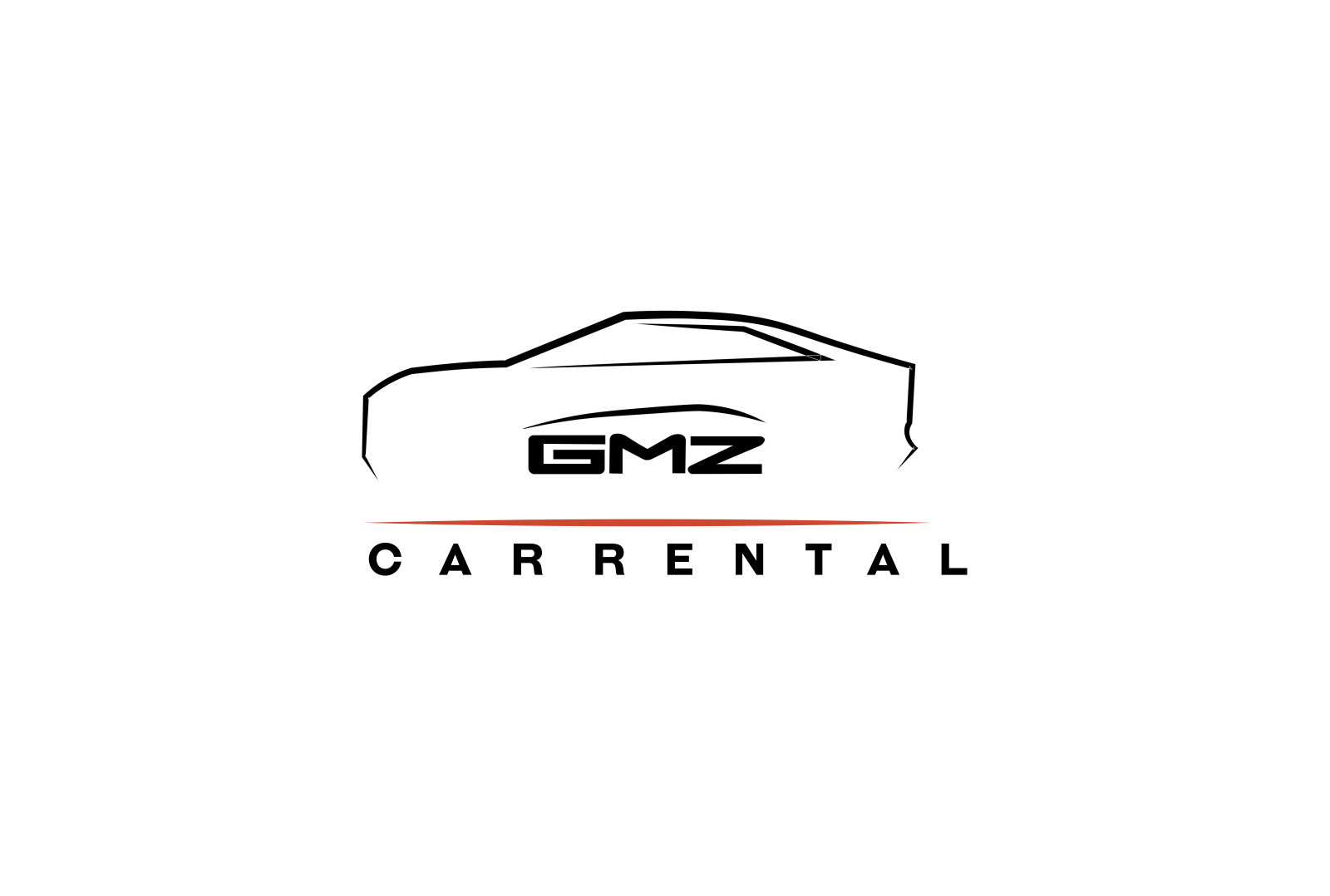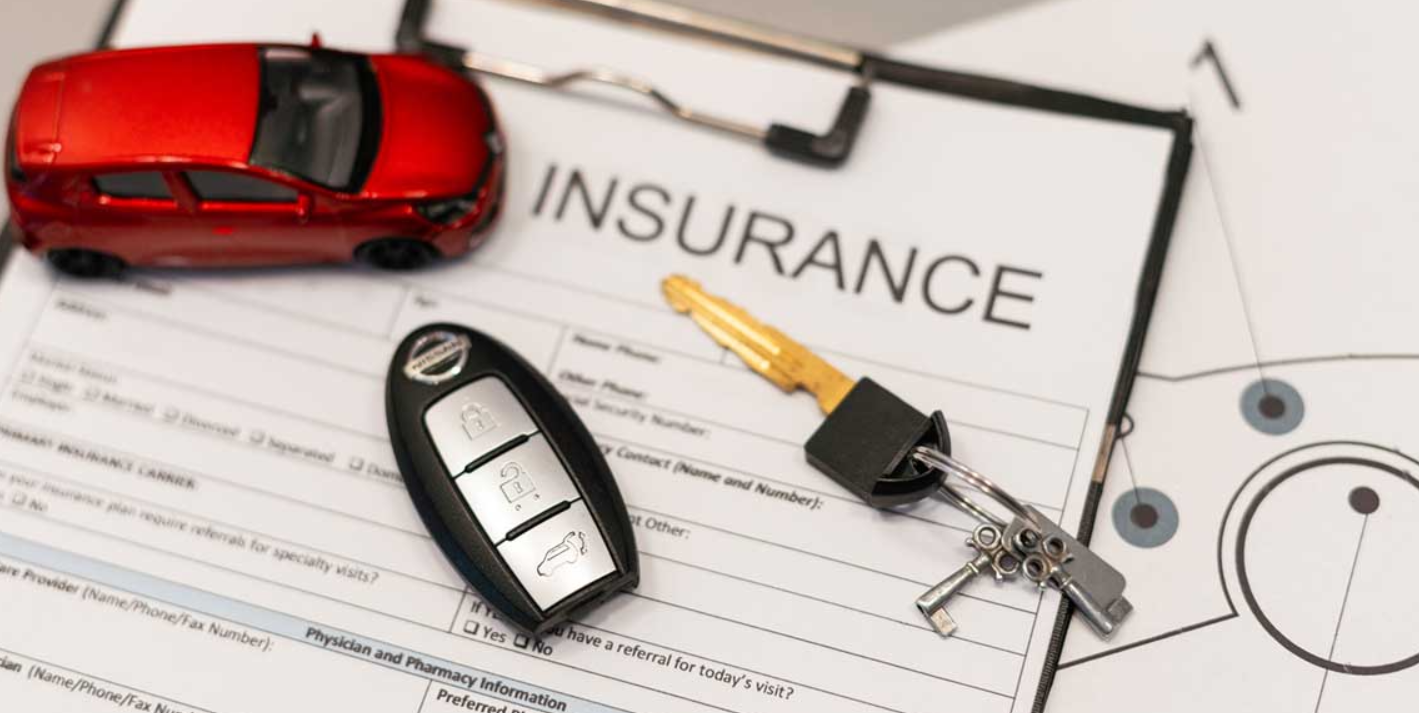Understanding the different types of car rental insurance is important for anyone planning to rent a vehicle. Some coverage options are mandatory as part of the rental agreement, while others offer additional protection but are not required.
Being aware of what each insurance package includes helps renters make informed decisions about the coverage they need. This knowledge can prevent unexpected costs and ensure a smoother rental experience.
Quick navigation
Here is an overview of common types of insurance protection available for rental cars.
- Collision Damage Waiver (CDW): Covers physical damage to the rental vehicle.
- Loss Damage Waiver (LDW): Includes coverage for theft and damage.
- Collision Damage Insurance (CDI): Protects against costs from collision-related damage.
- Liability Protection (Supplemental or Extended): Covers bodily injury or property damage to others.
- Third-Party Liability (TPL): Legally required coverage for injury or damage to others.
- Personal Accident Insurance (PAI): Covers medical expenses for occupants.
- Personal Effects Coverage (PEC): Protects against theft or loss of personal items.
- Roadside Assistance: Offers help with breakdowns or emergencies.
Understanding these options helps in selecting the appropriate coverage.
10 Popular Types of Car Rental Insurance
1. Damage Waiver for Collisions (CDW)
This coverage waives the renter’s financial responsibility for repairs if the rental car is damaged in a collision. It typically covers repair costs but excludes liability for damages to other vehicles or legal penalties such as traffic or DUI fines. The waiver terms depend on factors like the rental company and vehicle type.
2. Theft and Damage Protection (LDW)
Combining collision damage coverage with protection against theft, this option shields renters from costs related to stolen vehicles. It may also cover towing, impound fees, storage charges, and sometimes vandalism or depreciation of the vehicle’s value caused during the rental period.
3. Collision Damage Insurance (CDI)
This insurance relieves renters from paying for damages to the rental car resulting from accidents. It covers repairs or replacements due to collisions with other vehicles, objects, or single-car accidents. Typically, this is the standard coverage provided by rental companies.
4. Extended or Liability Coverage (EP/LP)
Extended Protection or Liability Protection covers damages and injuries caused to third parties. It provides financial protection up to the coverage limits for bodily injury or property damage sustained by others in an accident involving the rental car. This can also include protection against underinsured or uninsured drivers.
5. Additional Liability Coverage (SLI)
Supplemental Liability Insurance helps cover costs related to injuries or property damage inflicted on others when the renter is legally responsible. It offers additional liability limits beyond the standard coverage, assisting in paying medical bills or property repairs.
6. Third-Party Liability Insurance (TPL)
This essential insurance covers damage and injury to people or property outside the rental vehicle. It is often mandatory for rental agreements and protects against claims made by third parties involved in an accident caused by the renter.
7. Extra Liability Protection (ALI)
Additional Liability Insurance provides increased protection beyond basic liability limits. It safeguards the renter from higher financial risks in cases involving serious bodily injury or extensive property damage to others.
8. Accident Insurance for Occupants (PAI)
Personal Accident Insurance offers medical and death benefits to the driver and passengers if injured during a rental period. It includes coverage for hospital and medical expenses resulting from an accident while inside the rental vehicle.
9. Coverage for Personal Belongings (PEC)
Personal Effects Coverage insures against theft or loss of the renter’s and passengers’ personal items inside the rental car. This protection only applies to property located within the vehicle during the rental.
10. Roadside Support Services (RA/RSP)
Though not technically insurance, roadside assistance provides help if the rental car experiences issues like flat tires, running out of fuel, or lockouts. Roadside Plus may offer additional services, ensuring the renter can continue driving or safely manage vehicle problems on the road.
| Type | Purpose | Covers | Exclusions / Notes |
|---|---|---|---|
| Damage Waiver for Collisions | Collision repair waiver | Car repairs | Liability, traffic fines |
| Theft and Damage Protection | Theft and damage combined | Theft, towing, vandalism | Varies by rental company |
| Collision Damage Insurance | Damage from accidents | Vehicle repair and replacement | May not include theft |
| Extended or Liability Coverage | Third-party injury/property damage | Bodily injury, property damage | Limits apply, uninsured drivers |
| Supplemental Liability | Additional liability beyond basic coverage | Medical and property repairs | Only if legally responsible |
| Third-Party Liability | Legal liabilities to third parties | Injury and property damage | Usually required |
| Extra Liability Protection | Higher liability limits | Extensive injury and property damage | Optional with higher premiums |
| Accident Insurance for Occupants | Medical and death benefits | Passengers and driver injuries | Only valid during rental period in vehicle |
| Coverage for Personal Belongings | Theft or loss of personal items | Belongings inside vehicle | Limited to items inside rental vehicle |
| Roadside Support Services | Assistance during vehicle troubles | Tire change, fuel delivery, lockout | Not insurance; supplemental service |



0 Comment